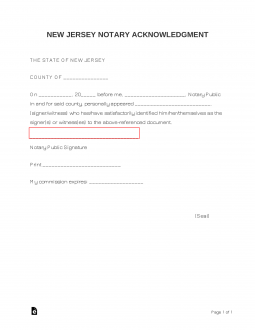

#Does a will have to be notarized kansas code
Georgia code §53-4-24 includes a sample affidavit with preferred wording. The will can still be contested, revoked, or amended as any other will. Otherwise, the will is treated as any other will admitted to probate. However, the only part of the probate process that changes with including a self-proving will affidavit is to omit the need for the testimony of the witnesses during the probate process. The presence of the notary is not for the will itself but for the self-proving affidavit. For convenience, many people prefer to create the affidavit when the will is first signed and witnessed and will include a notary public at the signing of the will.

The affidavit can be included when the will is first created or at any time during the lifetime of the person who wrote the will and the witnesses. This could be especially helpful if years have passed since the will was first made and those witnesses are not easily located. Self-proving a will makes it unnecessary for the witnesses to testify during the probate process. This document is sometimes called an “attestation clause” or referred to as an affidavit that self-proves a will. However, there is a special notarized document that can be included with the will that makes the probate process easier. In Georgia, a will does not have to be notarized.


 0 kommentar(er)
0 kommentar(er)
